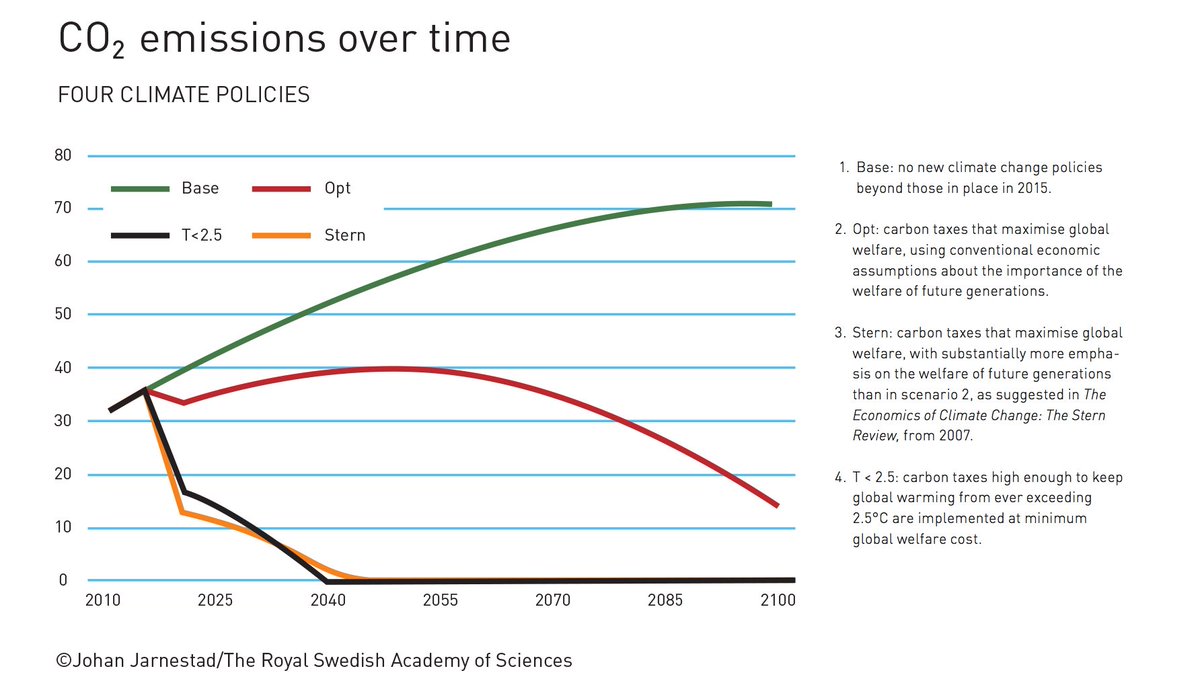
(William Nordhaus is pictured on the left and Paul Romer is pictured on the right).
Nature explicates our living conditions and knowledge interprets our capability to manage our living conditions. Regardless of the major role that nature and knowledge play in economics, economists typically do not examine the effect of the economy and the market in nature and knowledge. However, Paul Romer and William Nordhaus stood out from other economists by calling attention to nature and knowledge's significance in the economy. Paul Romer's work explains the economy's role in knowledge while William Nordhaus's work explains the economy's role in nature.
Paul Romer is currently a professor at NYU Stern School of Business. He was recognized for elucidating how technological advances steer economic growth. He developed the "endogenous growth policy". This theorizes that economic growth is generated by a system influenced by components, in particular, effective and advancing technology. Paul Romer constructed an improved assimilation of how market conditions favor the establishment of new ideas for profitable technologies. Romer's work was inspired by the growth that originated from the Industrial Revolution, a time period with utmost industrialization, manufacturing, and mechanization.
William Nordhaus received his doctorate in economics from the Massachusetts Institute of Technology and currently is a Sterling Professor of Economics at Yale University. He was recognized for creating a model displaying the relationship of the climate and the economy, as well as how the relationship impacts the advancement of carbon tax policies. A carbon tax assists in decreasing the greenhouse gas emissions by placing a tax on the burning of fuels. William Nordhaus believes that limiting carbon emissions can be done by requiring governments or companies to pay a cost for certain levels of emissions.

(The diagram pictured above displays the CO2 emissions of four climate policies according to the simulations of William Nordhaus)



Awesome post!
ReplyDelete